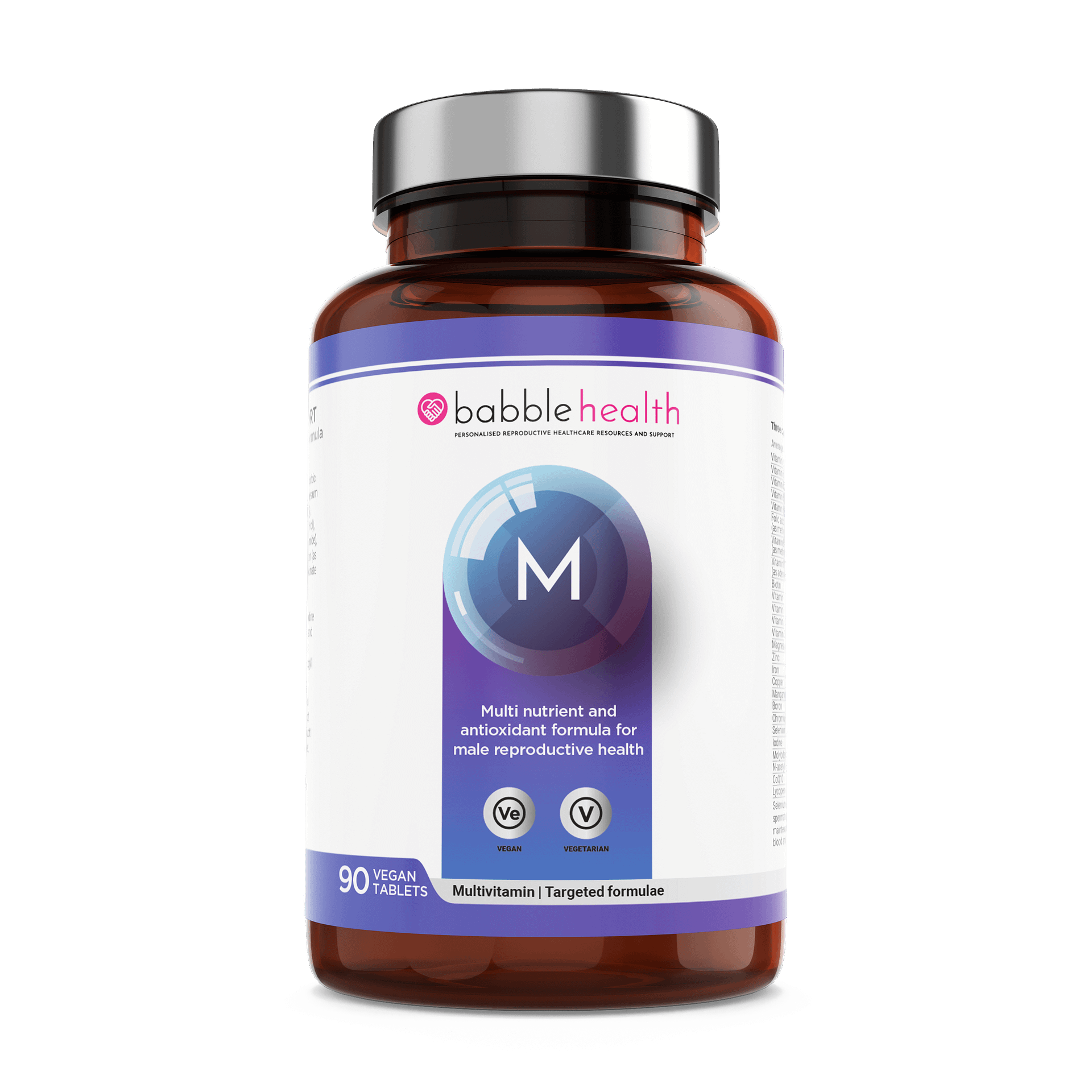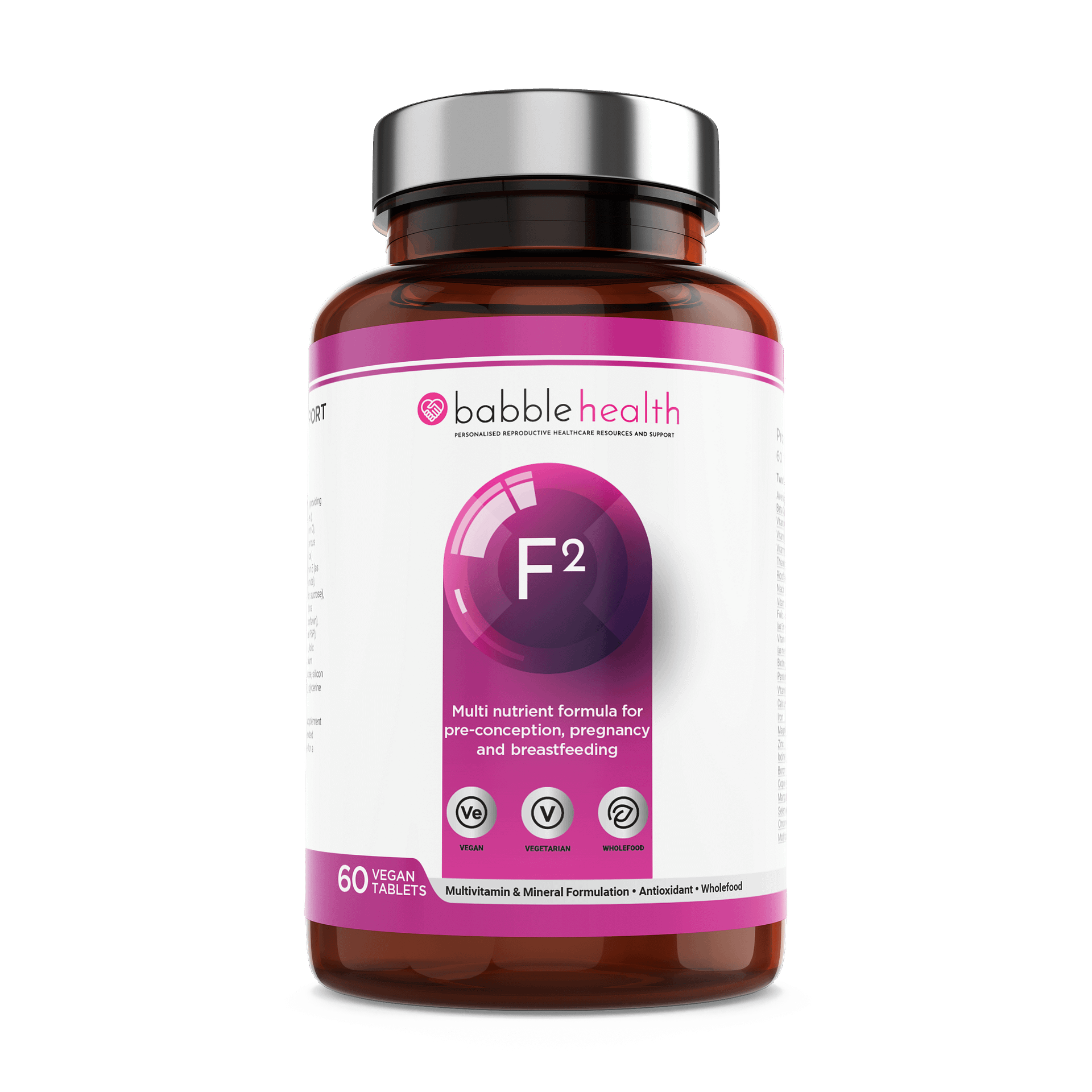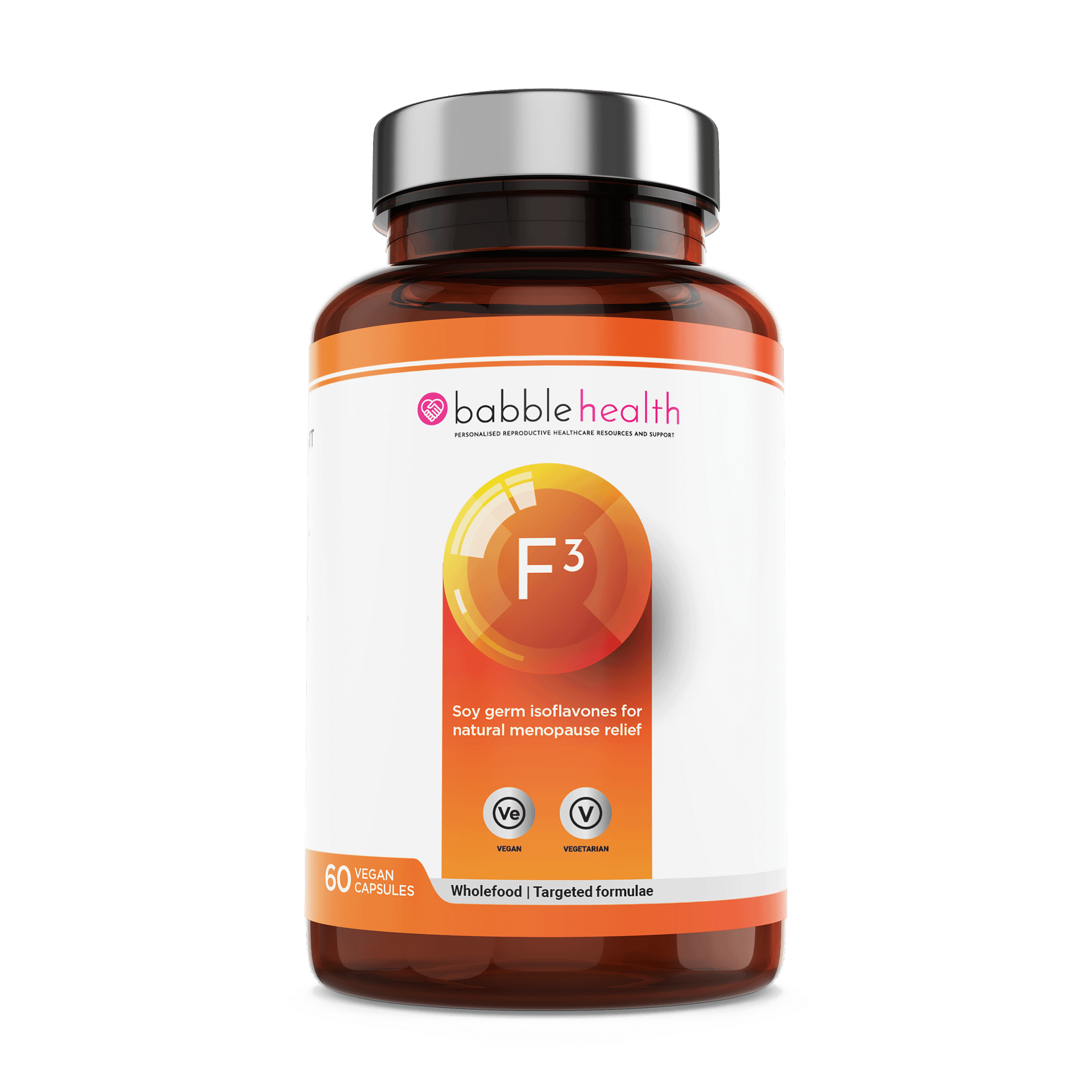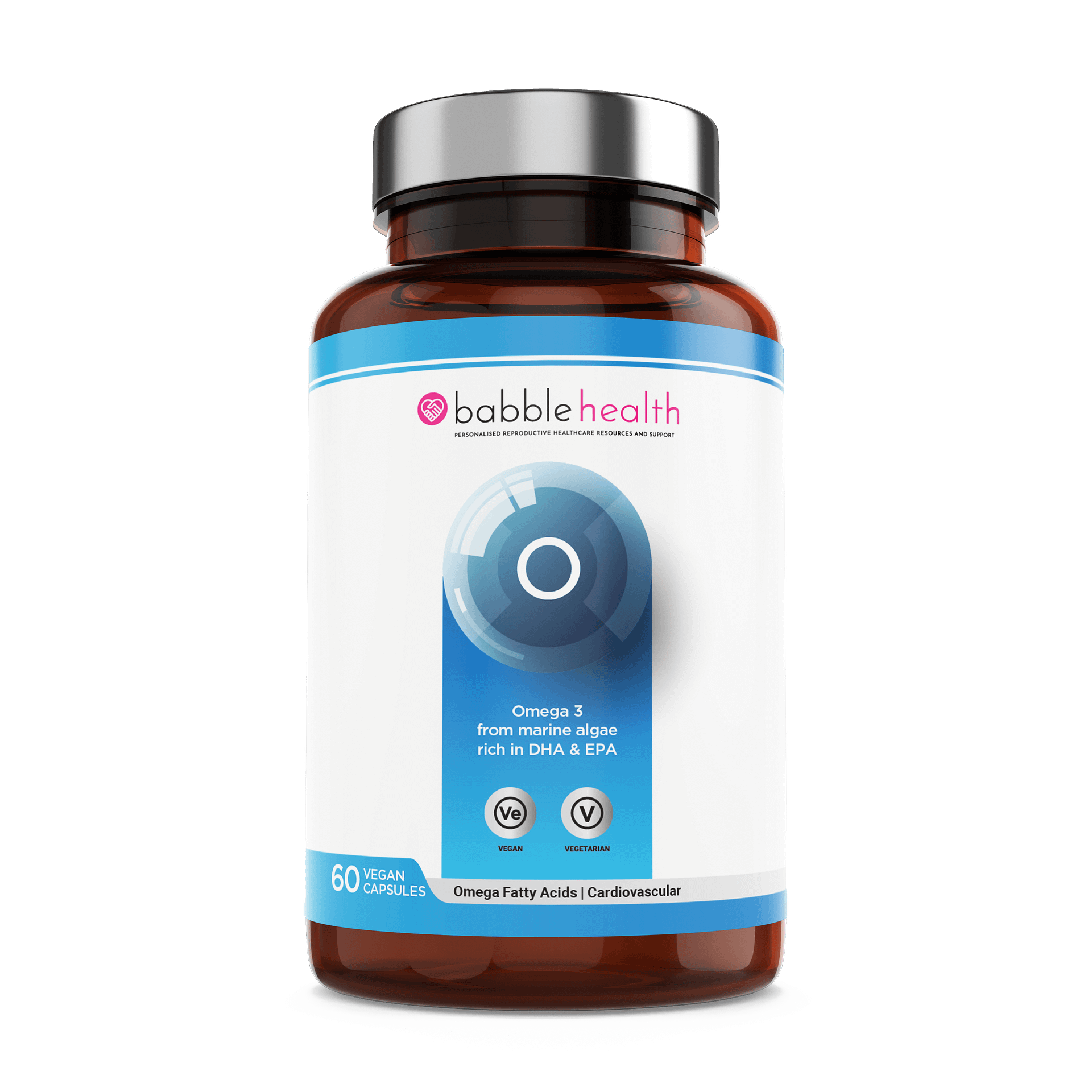By Sue Bedford (MSc Nutritional Therapist)
Did You know? Magnesium is a mineral (actually the fourth most abundant mineral in our body) and is also one of the most useful as it is required for virtually every biochemical process in the body. It not only aids in heart health and diabetes prevention, but also calms the nervous system, helping to lift mood thus reducing anxiety and depression – hence it is often known as the happy mineral! It is also required for energy production and is needed to transmit nerve impulses. Magnesium is important in bone and tooth health too as it is needed to regulate calcium in the body.
Stress – both physical and emotional can deplete magnesium levels, and your requirements may well increase during stressful periods of your life. Magnesium is important for a good night’s sleep. Low levels of magnesium can interfere with your sleep pattern. A lack of sleep can lead to low mood, which can lead to feeling anxious. Why not try to enjoy some magnesium rich food each day and have a 15 minute bath with some magnesium salt in it?
What are some main deficiency symptoms of magnesium?
Magnesium deficiency is thought to be more common in those consuming a western diet (due to the consumption of more processed food and depleted soil levels of magnesium) and there are many symptoms that can signal deficiency including: poor circulation, muscle cramps and spasms, nervousness, anxiety, disrupted heartbeat, loss of bone mass and density, PMS, blood pressure problems, chronic fatigue, anaemia……
Magnesium and fertility
- A Magnesium-rich diet helps keep insulin sensitivity and ovulatory function in check – important when it comes to fertility and for those with PCOS
- Helps to balance progesterone and oestrogen – Since oestrogen is dependent on magnesium status, magnesium regulates follicle-stimulating hormone, or FSH, which is the hormone that stimulates the ovaries.
- Low magnesium levels may imply low progesterone levels, which can lead to a short luteal phase and a higher risk of miscarriage. If you suffer from PMS, magnesium is essential because levels drop before a period and it aids in the development of serotonin, which makes you feel good.
- Researchers believe there is a correlation between magnesium deficiency and infertility, especially in women, despite the fact that the exact mechanism is unknown. Women with infertility have been shown to have low magnesium levels in their blood in a variety of studies, and in one small study, infertile women who were fortified with magnesium and selenium all became pregnant within eight months.
- Magnesium helps to reduce inflammation – important as inflammation may cause ageing affecting egg quality and also implantation – include plenty of magnesium rich foods in your diet.
- Magnesium, in some studies is linked to increasing sperm production and motility.
Some magnesium rich foods to include in your diet:
Spinach
Avocados
Raspberries
Almonds
Bananas
Dark chocolate
Lentils
Kale
Brown rice
Legumes
Tofu
Some fatty fish
Leafy greens
Pumpkin seeds
Flaxseed
Did you know?
The fruits that contain the highest magnesium levels are figs, avocado, bananas and raspberries!















